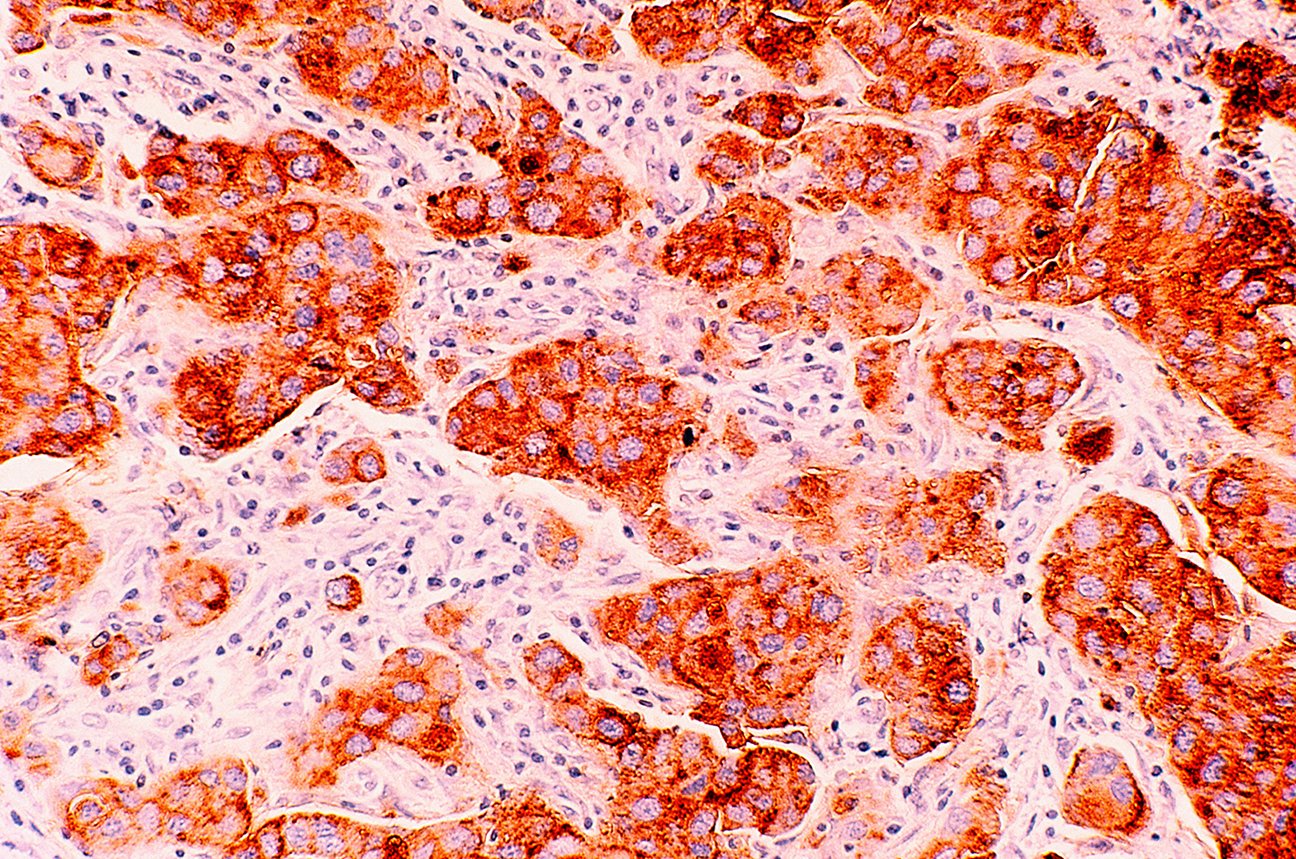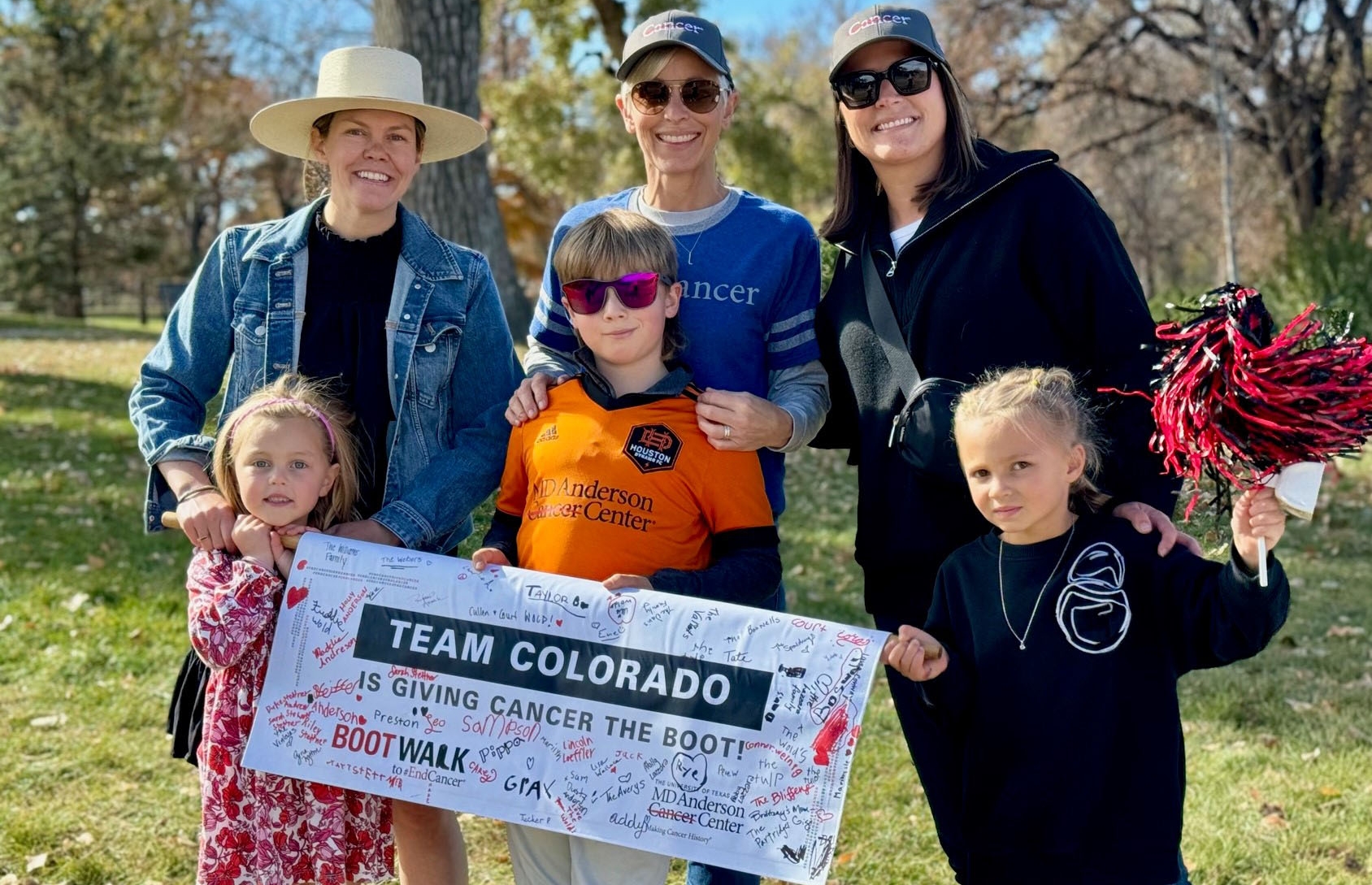- Diseases
- Acoustic Neuroma (14)
- Adrenal Gland Tumor (24)
- Anal Cancer (66)
- Anemia (2)
- Appendix Cancer (16)
- Bile Duct Cancer (28)
- Bladder Cancer (68)
- Brain Metastases (28)
- Brain Tumor (228)
- Breast Cancer (716)
- Breast Implant-Associated Anaplastic Large Cell Lymphoma (2)
- Cancer of Unknown Primary (4)
- Carcinoid Tumor (8)
- Cervical Cancer (154)
- Colon Cancer (164)
- Colorectal Cancer (110)
- Endocrine Tumor (4)
- Esophageal Cancer (42)
- Eye Cancer (36)
- Fallopian Tube Cancer (6)
- Germ Cell Tumor (4)
- Gestational Trophoblastic Disease (2)
- Head and Neck Cancer (6)
- Kidney Cancer (124)
- Leukemia (344)
- Liver Cancer (50)
- Lung Cancer (288)
- Lymphoma (284)
- Mesothelioma (14)
- Metastasis (30)
- Multiple Myeloma (98)
- Myelodysplastic Syndrome (60)
- Myeloproliferative Neoplasm (4)
- Neuroendocrine Tumors (16)
- Oral Cancer (100)
- Ovarian Cancer (170)
- Pancreatic Cancer (166)
- Parathyroid Disease (2)
- Penile Cancer (14)
- Pituitary Tumor (6)
- Prostate Cancer (144)
- Rectal Cancer (58)
- Renal Medullary Carcinoma (6)
- Salivary Gland Cancer (14)
- Sarcoma (236)
- Skin Cancer (294)
- Skull Base Tumors (56)
- Spinal Tumor (12)
- Stomach Cancer (60)
- Testicular Cancer (28)
- Throat Cancer (90)
- Thymoma (6)
- Thyroid Cancer (98)
- Tonsil Cancer (30)
- Uterine Cancer (78)
- Vaginal Cancer (14)
- Vulvar Cancer (18)
- Cancer Topic
- Adolescent and Young Adult Cancer Issues (20)
- Advance Care Planning (10)
- Biostatistics (2)
- Blood Donation (18)
- Bone Health (8)
- COVID-19 (362)
- Cancer Recurrence (120)
- Childhood Cancer Issues (120)
- Clinical Trials (622)
- Complementary Integrative Medicine (24)
- Cytogenetics (2)
- DNA Methylation (4)
- Diagnosis (226)
- Epigenetics (6)
- Fertility (62)
- Follow-up Guidelines (2)
- Health Disparities (14)
- Hereditary Cancer Syndromes (122)
- Immunology (18)
- Li-Fraumeni Syndrome (8)
- Mental Health (118)
- Molecular Diagnostics (8)
- Pain Management (62)
- Palliative Care (8)
- Pathology (10)
- Physical Therapy (18)
- Pregnancy (18)
- Prevention (890)
- Research (388)
- Second Opinion (74)
- Sexuality (16)
- Side Effects (602)
- Sleep Disorders (10)
- Stem Cell Transplantation Cellular Therapy (216)
- Support (404)
- Survivorship (322)
- Symptoms (184)
- Treatment (1768)
Triple-negative breast cancer survivor: Looking back
2 minute read | Published January 02, 2014
Medically Reviewed | Last reviewed by an MD Anderson Cancer Center medical professional on January 02, 2014
At 37 years old, a stage 3 triple-negative breast cancer diagnosis is tough to swallow. If you're a working mother of twin boys, one of them with special needs, a triple-negative breast cancer diagnosis can be even more daunting.
So, for Bree Sandlin, coming to MD Anderson for her triple-negative breast cancer treatment was the only choice there ever was.
Bree's triple-negative breast cancer treatment
"When I first arrived at MD Anderson to meet with my oncologist, I had pages of notes and questions," Bree recalls. "My doctor took the time to go through each one and laid out the plan for me. She did an amazing job leaving me with a feeling of hope, optimism andencouragement for the future."
Bree's planconsisted of six months of chemotherapy, followed by a bilateral mastectomy, and ended with six weeks of radiation therapy. When doctors removed the tumor during surgery, they found no trace of cancer.
A new outlook on life
Now 38, Bree calls herself a survivor, having been in remission with no sign of triple-negative breast cancer since April 2013.
"Being in remission gives you a whole new outlook on life," Bree says. "I read a statistic after I was diagnosed that 90% of cancer survivors look back on their cancer experience positively. And it's true. Cancer gave me a new lease on life and helped me prioritize how important my life and my family are. In the end, it just makes me a happier person."
To celebrate being cancer-free, Bree and her husband will climb Mount Kilimanjaro on the one-year anniversary of finding out that she was in remission.
Triple-negative breast cancer is one of the cancers MD Anderson is focusing on as part of our Moon Shots Program to dramatically reduce cancer deaths. Learn more about our Breast and Ovarian Moon Shot.
Related Cancerwise Stories

Cancer gave me a new lease on life.
Bree Sandlin
Survivor





